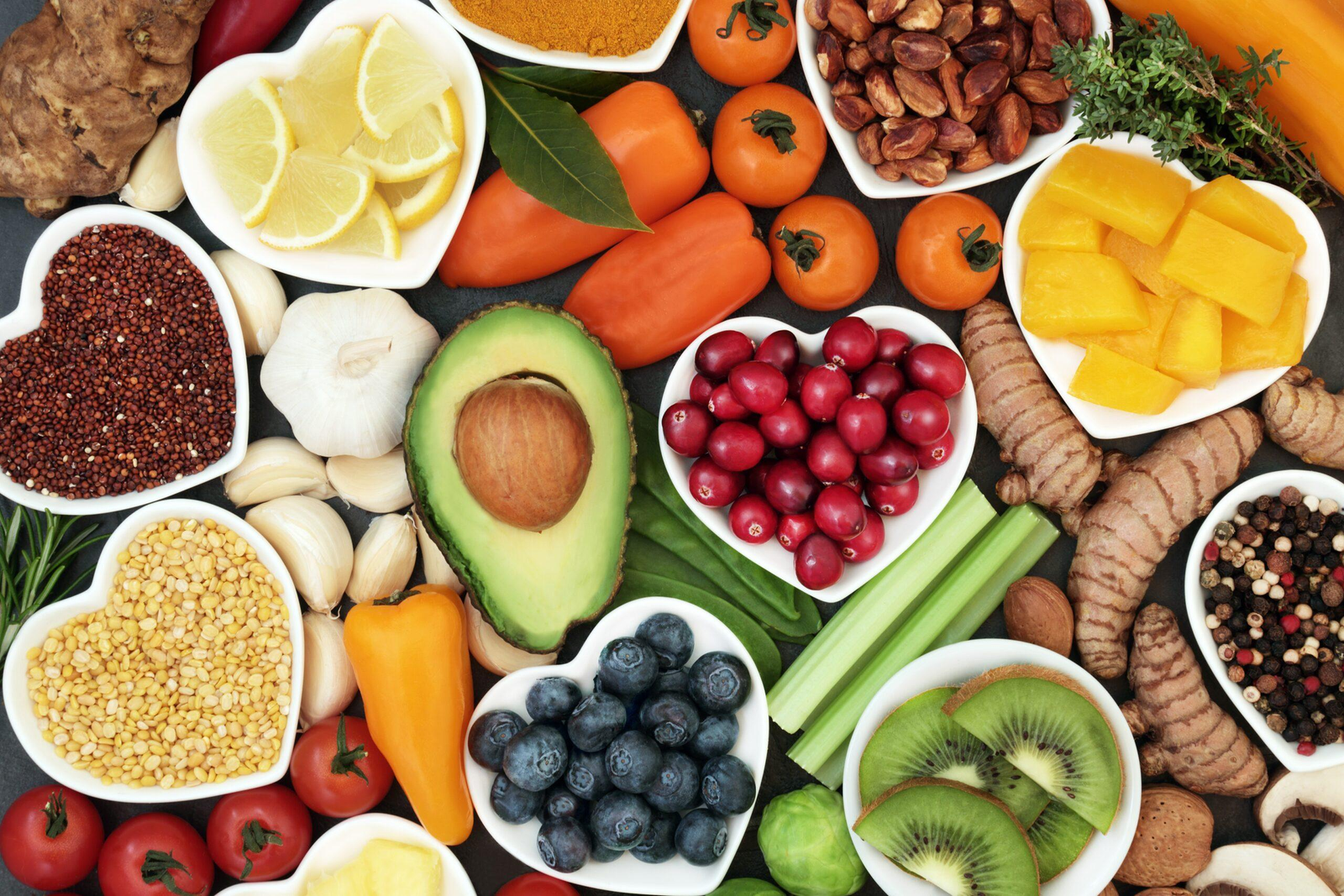Introduction: You’ve probably had an apricot before — that sweet and slightly tangy fruit that’s a staple of summer snacks. But did you know apricots pack more than just flavor? These little fruits are a powerhouse of nutrients and antioxidants that can boost everything from your eye health to your digestion. Let’s dive into the 8 incredible health benefits of apricots and why you should be enjoying them year-round.
1. Prevents Cancer and Chronic Diseases
Apricots are loaded with antioxidants like beta-carotene, lutein, zeaxanthin, and vitamins A, C, and E. These nutrients are your body’s superheroes in the fight against free radicals—unstable molecules that can cause oxidative stress. This stress has been linked to several chronic diseases, including:
Cancer
Cardiovascular disease
Inflammatory conditions like arthritis
Antioxidants neutralize these free radicals, stopping the domino effect of cell damage. So, apricots aren’t just a delicious snack; they’re an armor against long-term health issues.
2. Boosts Eye Health and Vision
Those vibrant orange apricots are more than just pretty to look at—they’re packed with beta-carotene (the vitamin A precursor), which is essential for good vision. This nutrient can:
Lower the risk of cataracts
Prevent night blindness
Reduce the chances of developing age-related eye diseases like macular degeneration
Plus, vitamin E, lutein, and zeaxanthin all work their antioxidant magic directly in your eyes to protect against oxidative stress. So, if you’re looking to protect your peepers, grab an apricot.
3. Aids Digestive Health
A cup of apricots (around 155 grams) delivers 3.1 grams of fiber—about 10% of your daily recommended intake. Fiber is a digestive hero, keeping things moving smoothly in your gut. Here’s how apricots help:
Insoluble fiber: Keeps stool soft for regular, comfortable bowel movements.
Soluble fiber: Feeds the good bacteria in your gut, which supports digestion and overall gut health.
On top of that, fiber helps with weight management by keeping you feeling full longer. Eating apricots with their skin maximizes your fiber intake, but you can also enjoy them dried (just remember, dried apricots pack more sugar and calories).
4. Promotes Healthy Skin
Want glowing, youthful skin? Apricots have you covered. Vitamin A, C, and E work together to protect skin cells from oxidative damage, while vitamin C boosts collagen production. Collagen is like the scaffolding of your skin, keeping it firm and wrinkle-free.
Studies also show that beta-carotene supplements (found in apricots) may help protect against sunburn. So, next time you’re basking in the sun, think of apricots as your natural sunscreen (though, don’t skip the SPF).
5. Hydrates Your Body
Apricots are about 86% water, which makes them a fantastic fruit for staying hydrated. Whether you’re munching on fresh apricots after a workout or incorporating them into your meals, they help restore fluid balance and electrolytes. Hydration is key for everything from muscle function to skin health, and apricots make it tasty and easy.
6. Supports Heart Health
Apricots are rich in potassium, a mineral that helps lower blood pressure by counteracting sodium’s effects. Regular potassium intake is essential for maintaining a healthy heart, and apricots can be a delicious way to meet your potassium needs.
7. May Prevent Liver Damage
In animal studies, apricots have shown potential in protecting the liver from damage. While more research is needed on humans, the antioxidants and anti-inflammatory compounds in apricots could contribute to overall liver health.
8. Helps with Electrolyte Balance Post-Workout
Thanks to their potassium and water content, apricots can help restore your electrolytes and maintain fluid balance after exercise. If you’re sweating it out at the gym or during outdoor activities, apricots are a sweet way to replenish what you’ve lost.
How to Add Apricots to Your Diet
Apricots are incredibly versatile. Here are a few easy ways to enjoy them:
Fresh: Perfect as a snack, or sliced up in salads and desserts.
Dried: A more concentrated source of nutrients (but also higher in sugar), perfect for trail mixes or as a topping for oatmeal.
In Cooking: Toss apricots into chicken or pork dishes for a sweet, fruity kick, or add them to baked goods like muffins and scones.
And if you’re worried about blood sugar levels, especially if you have diabetes, pairing apricots with a lean protein like nuts can help keep things stable.
Final Thoughts: Apricots may be small, but they pack a mighty punch when it comes to health benefits. From boosting your vision to supporting digestive health, they’re a nutrient-packed fruit you won’t want to miss. Whether you prefer them fresh or dried, apricots are a superfood that can enhance your diet and your well-being. So, next time you reach for a snack, why not choose an apricot? It’s a sweet, juicy way to support your health!
Call to Action: Add apricots to your grocery list today and start reaping the benefits of this superfruit! You can enjoy them in smoothies, salads, or just as a snack—your body (and taste buds) will thank you.




